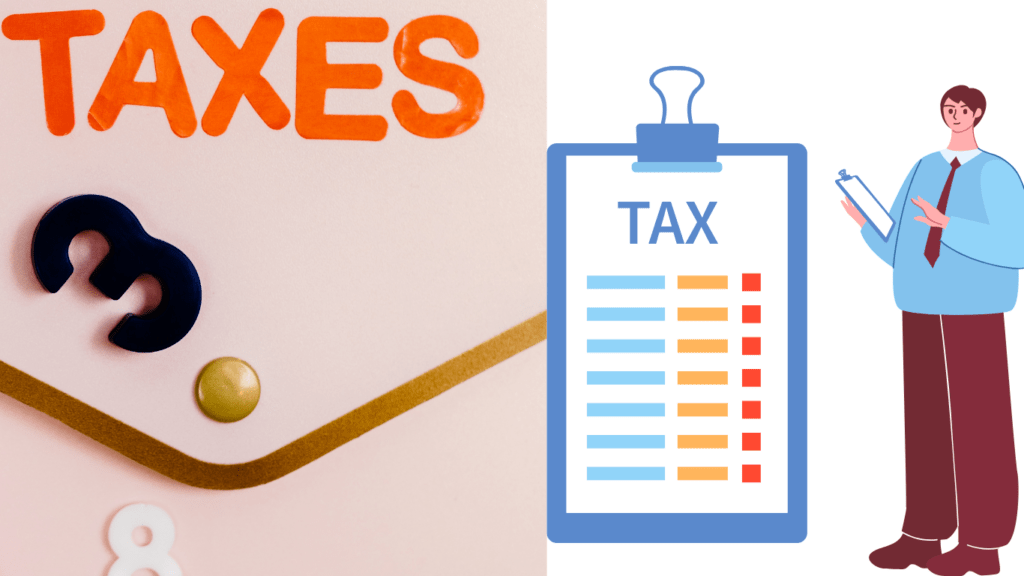How Infrastructure Investment Drives Economic Development: Key Benefits and Case Studies
The Importance of Infrastructure in Economic Growth Investing in infrastructure is a cornerstone of economic development. Infrastructure improvements can significantly […]










